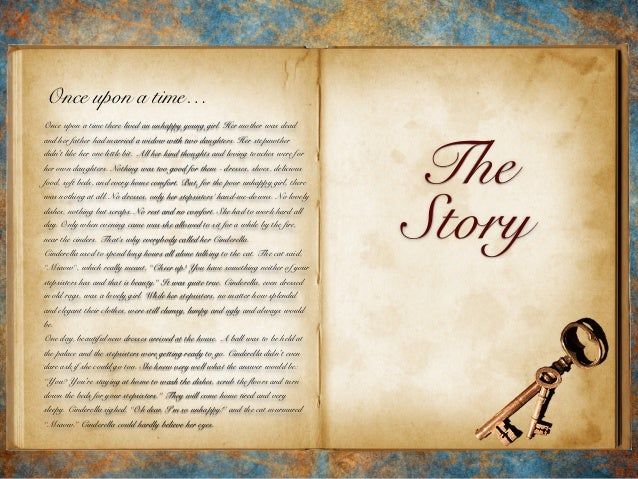Writing a story, it's a talent and effort. Some are natural at writing stories and some with hard work and dedication. No matter what category you're in, you'll have to practice and a few tips might just be helpful to nudge you in the right direction.

Image
Identify the background:
I could try to explain it to you in an articulate manner, but then I thought it to be just plain and simple. First things first, set the background or the theme of your story. You won’t be able to figure it out from head to toe in this stage; just figure out the base. You need to determine your location, time, and/or season. Yes all of them are equally important. These setups help you with seeing what your characters are seeing and also you can help your readers get the same feel. Just like you listen to music based on mood and environment, this is kind of the same.
Cast/Characters:
Now if you don’t find characters to play out your story then Bugs Bunny isn’t going to jump in leaving Looney Toons. So, start with the protagonist, the lead. You don’t need to reveal everything about him/her on the first page, then build-up to it. Make him/her interesting or humdrum that’s up to you. Keep the backstory of the characters in your mind. You can tell who the characters are and their background but their innermost traits you'll reflect on during an event.
Dialogue:
"I'm gonna make him an offer he can't refuse." Oh you know who said it and we have been saying that very same dialogue every now and then. See you don't need exaggerated long-drawn dialogues. When we talk, our speech usually has some usual mannerisms along with "umm-s, hmm-s, and yeah-s." I sometimes even use that in my writings too. My point is, make your dialogue spontaneous, natural, and witty; most important Natural. It's not an easy thing to do, a lot of things matter here such as the behavior and personality of the person, the situation/event, the part they're playing, and the character's point of view. So keeping that in mind you have to create the dialogues.
Perspective:
Perspective is just as important as the rest of the points. You have to determine from which point you are narrating. Is it you behind the narrative, or the protagonist, or a third person telling the story; this has to be determined at the onset.
The plot and the twist:
Ha now see, even you know how important they are. The plot, what's the story, why this story; this is major work. You have built your foundation (Identify background), built your pillars (Casts and dialogues) and you'll now build your wall and roof here making it a beautiful-looking house. The plot thickens here, you'll need materials for construction, so you'll need materials for your story as well. You think of what you want your readers to read about. You want them to feel excited reading it, but you have to feel excited writing the story too. Decide what your story is about and then give it a nice twist. You can also add cliffhangers but be sure that too much of something can cause blunders. So add twists but not too many that the story blows over or it completely shifts from the plot.
You'll find many guides on the internet telling you how to write a story. But the first step to write a story is to Write. You won't come up with an award-winning best-selling novel overnight but if you keep writing, you'll get the hang of it and who knows your story can do the trick.
